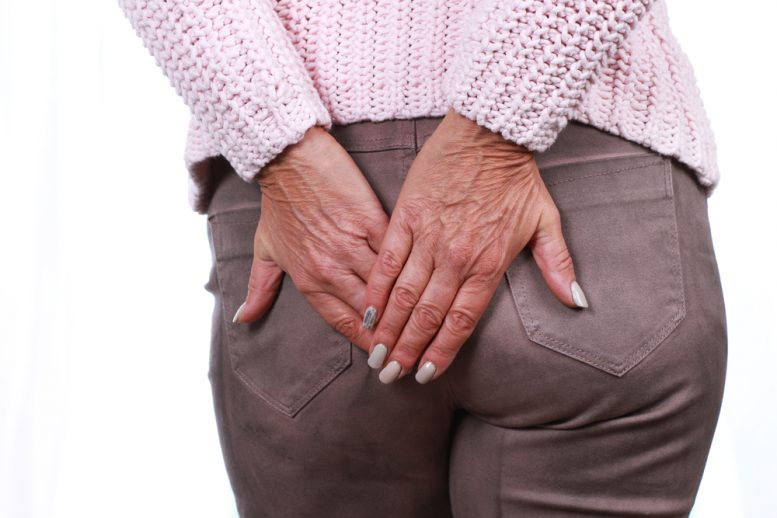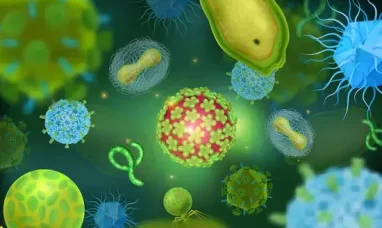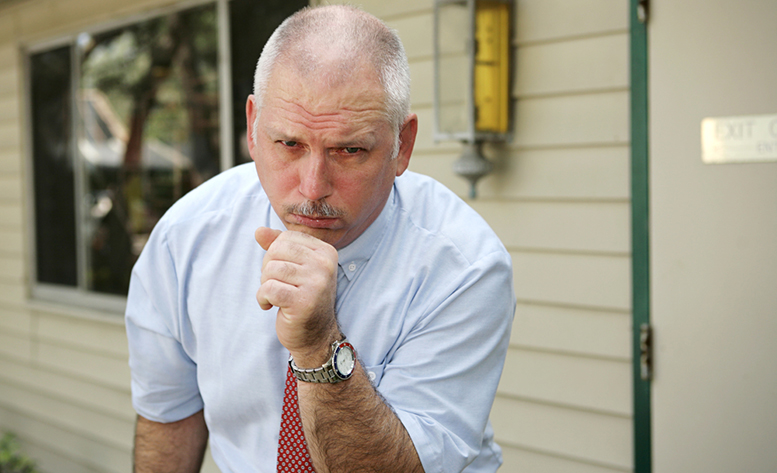Hemorrhoids are swollen veins in your lower rectum and anus, similar to varicose veins. They can develop inside the rectum (known as internal hemorrhoids) or under the skin around the anus (known as external hemorrhoids).
Almost three out of four adults will experience hemorrhoids from time to time. Several different things can cause hemorrhoids, but often the cause is unknown.
Fortunately, there are effective hemorrhoids medications and treatments available to help. What’s more, many people get relief with home treatments and lifestyle changes.
Hemorrhoids Home Treatments
You can relieve the mild pain, swelling, and inflammation that comes from hemorrhoids with home treatments.
- Eat high-fiber foods. Eat more whole grains, fruits, and vegetables to soften the stool and increases its bulk, which will help you avoid straining, which can worsen symptoms from existing hemorrhoids. Make sure to add fiber to your diet slowly to avoid any problems with gas.
- Use topical creams and treatments. Apply an over-the-counter (OTC) hemorrhoid cream or suppository that contains hydrocortisone, or use pads containing witch hazel or a numbing agent.
- Soak regularly in a sitz bath or a warm bath. Soak your anal region in plain warm water for 10-15 minutes two to three times a day. A sitz bath is a medical device that fits over the toilet.
- Take oral pain relievers. You can use , aspirin, acetaminophen (Tylenol, others) or ibuprofen (Advil, Motrin IB, others) to temporarily relieve discomfort caused by hemorrhoids.
Hemorrhoid symptoms will often go away within a week of using these treatments. See a doctor if you don’t get relief after a week, or sooner if you experience severe pain or bleeding.
Hemorrhoids Medications
If your hemorrhoids only cause mild discomfort, your doctor might recommend OTC creams, ointments, pads or suppositories.
These hemorrhoids medications contain ingredients such as witch hazel, hydrocortisone and lidocaine, all of which can temporarily relieve pain and itching. It’s important not to use a steroid cream for over a week unless directed by your physician because it can thin your skin.
Minimally invasive procedures
For persistent bleeding and painful hemorrhoids, one of the other minimally invasive procedures may be recommended. These hemorrhoids treatments can be done in your doctor’s office or other outpatient setting and don’t usually require anesthesia.
- Rubber band ligation. A doctor will place one or two tiny rubber bands around the base of an internal hemorrhoid to cut off its circulation, causing the hemorrhoid to wither and fall off within a week.
- Coagulation (infrared, laser, or bipolar). Coagulation techniques use infrared light, laser, or heat to cause small, bleeding internal hemorrhoids to harden and dry. Coagulation usually causes little discomfort and has few side effects.
- Injection (sclerotherapy). This provedure involves injecting a chemical solution into the hemorrhoid tissue in order to shrink it. While the injection causes very little or no pain, it may be less effective than rubber band ligation.
Surgical Procedures for Hemorrhoids
A small percentage of people with hemorrhoids will require surgery, so it is very rare. If you have large hemorrhoids or if other procedures haven’t been successful, a doctor might recommend one of the following:
- Hemorrhoid removal (hemorrhoidectomy). Hemorrhoidectomy is the most effective severe or recurring hemorrhoids treatments. Surgery can be done with local anesthesia combined with spinal anesthesia, sedation, or general anesthesia and involves the removal of excessive tissue that causes bleeding. Complications can include difficulty emptying your bladder temporarily, which may result in urinary tract infections. This complication mainly happens after spinal anesthesia. Many people that undergo hemorrhoidectomy experience some pain after the procedure, but medications can relieve this. Soaking in a warm bath can also help.
- Hemorrhoid stapling. Hemorrhoid stapling blocks blood flow to hemorrhoidal tissue and is typically used only for internal hemorrhoids. Stapling involves less pain than hemorrhoidectomy and allows for an earlier return to regular activities. Complications may include bleeding, urinary retention, and pain, and rarely, a life-threatening blood infection (sepsis).
If you would like to find out the best hemorrhoids medications and treatments for you, consult your doctor.
Featured Image: Depositphotos © absolutimages









